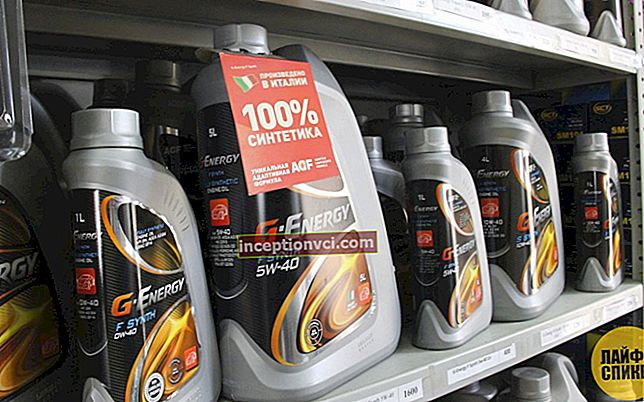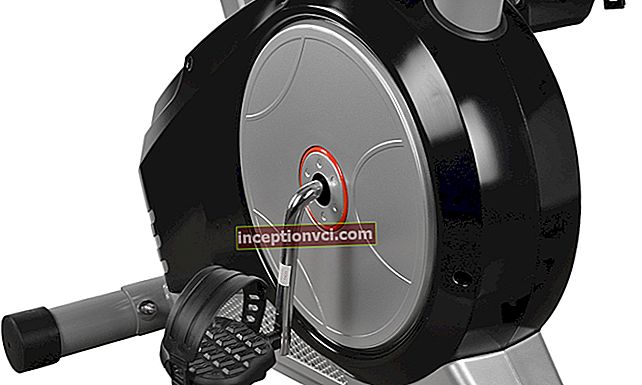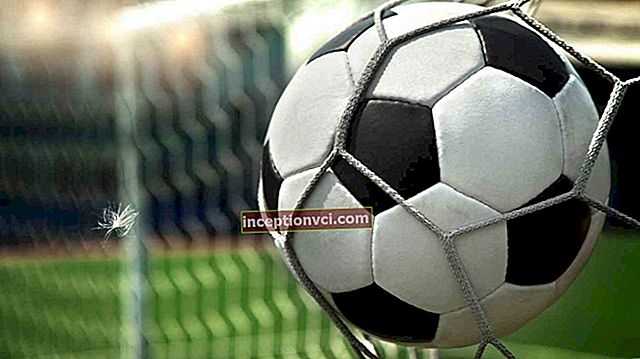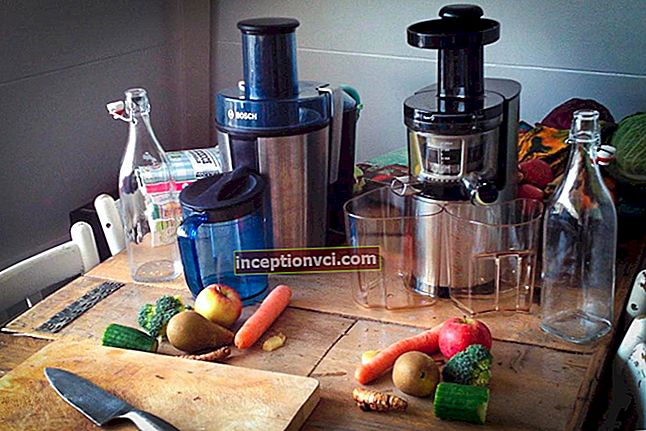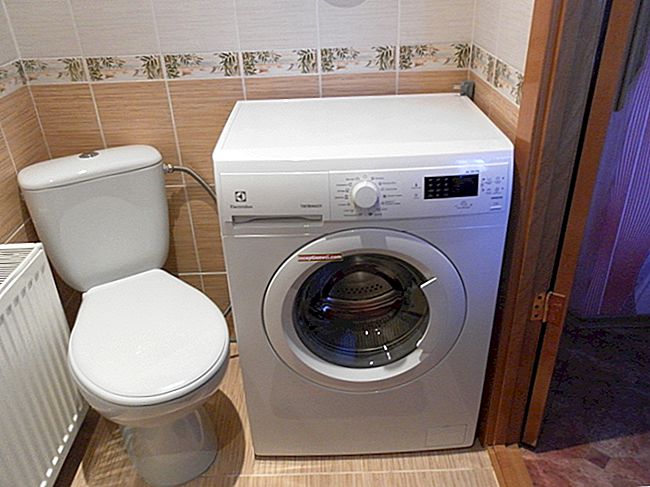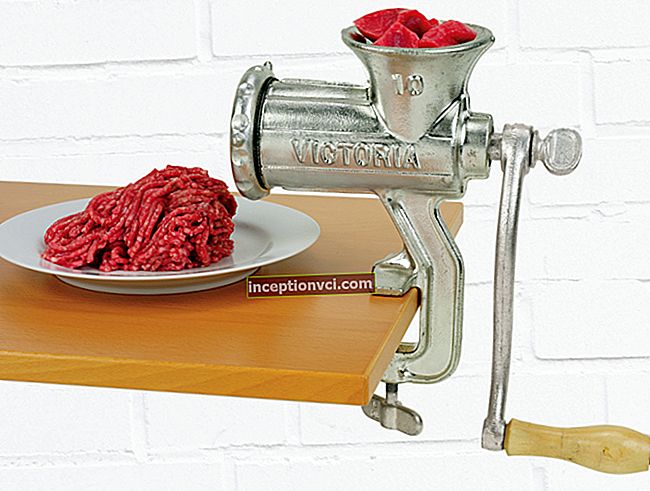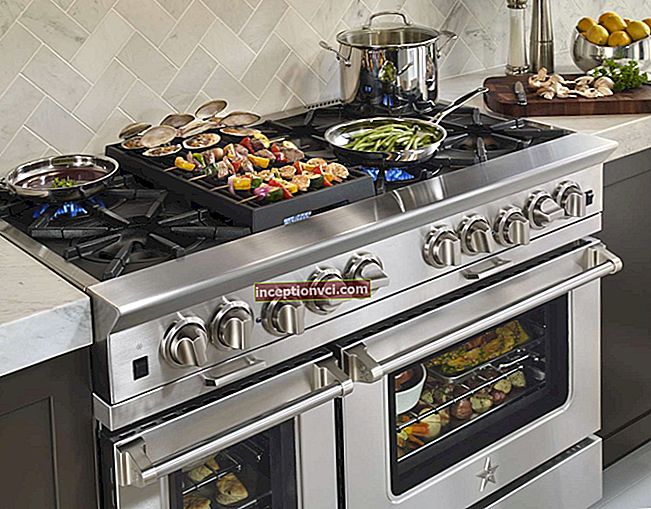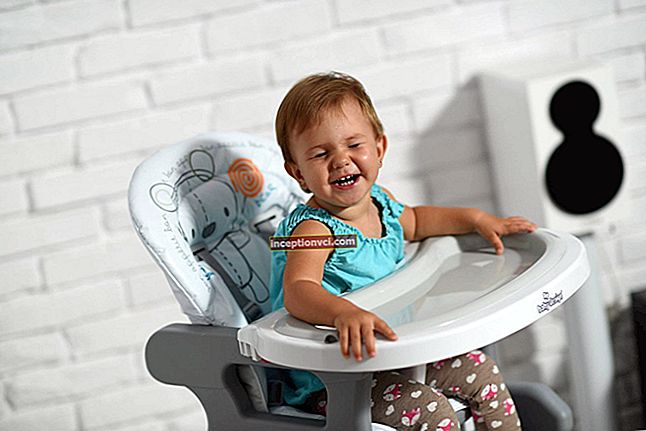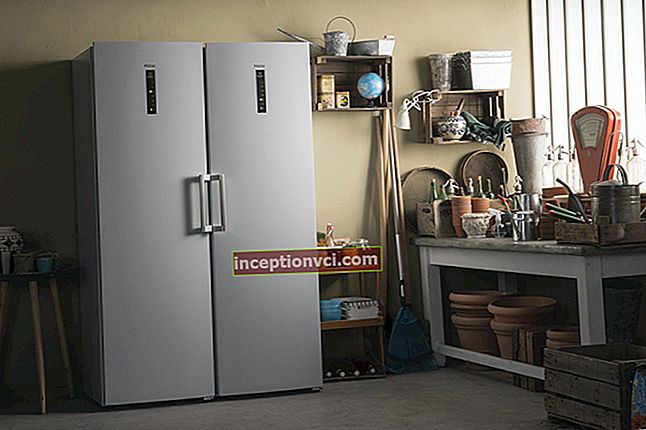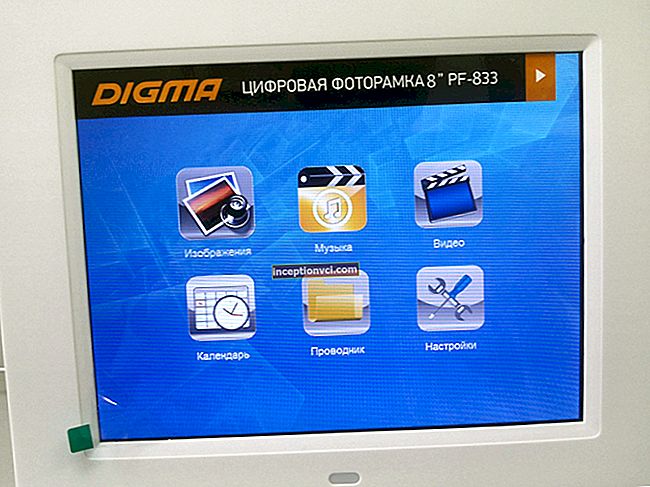The keepers of accuracy and reliability in the world of time are Japan and (surprise!) Switzerland.
The right to use the laconic Swiss Made markings (roughly translated as "Swiss production") has been given to several dozen watch brands around the world. Their products are manufactured, assembled and tested only in Switzerland. Moreover, the price of such a watch is not necessarily equal to the cost of a house in the Alps. The Swiss also make quite democratic models.
 Japan, albeit to a lesser extent, is also famous for its high-tech chronometers. A wide range of functions, advanced technologies and consistently high quality - all this is inherent in the products of the Land of the Rising Sun.
Japan, albeit to a lesser extent, is also famous for its high-tech chronometers. A wide range of functions, advanced technologies and consistently high quality - all this is inherent in the products of the Land of the Rising Sun.
Do you think mechanical watches are better than quartz watches?
This statement is true when viewed from the point of view of status. But from the functional side, the mechanics loses. The fact is that a quartz crystal provides a much higher stroke accuracy. The best mechanical watches give a discrepancy between the readings and real time of 4 seconds per day. And the best quartz ones - 5 seconds a year!
Do you believe in the magic power of water resistant lettering?
Water resistance is a relative characteristic. The water resistant label does not guarantee that your watch will survive a shower in a fitness club. Basic water resistance only means protection against sweat, splash and light rain.
- A watch with 3 atm (or 30 meters) protection can be left on while washing your hands.
- 5 atm (50 meters) will withstand accidental immersion in water without harm to the device.
- And only the marking of 10 atm (100 meters) allows you to swim with a watch on your wrist. But even this is not enough for diving.
- 20 atm (200 meters) and more - this is how watches for deep diving are marked.

You only want sapphire crystal
In the manufacture of watch glasses, only three materials are used:
- Quartz (mineral glass) is the most common option. Glass made from it is extremely durable, can withstand impacts and high pressure. If the load is exceeded, it cracks and does not split, which allows the watch mechanism to be preserved. Hard objects leave scratches on the quartz, but it is fairly easy to grind.
- Sapphire is the hardest material after diamond. It is extremely difficult to scratch it, but with strong blows, the glass from it crumbles and can damage the watch. Another disadvantage is the high price.
- Plastic is the least preferred option. It quickly loses its transparency due to the fact that it is rubbed even by clothes.

A combined glass is made of sapphire and quartz - an expensive and almost flawless option. The base of mineral glass is combined with a thin layer of sapphire, which results in resistance to both scratches and impacts.
Do you think the best bracelet is metal?
Yes, it is durable, but heavy and can painfully cut into the skin with extreme flexion-extension of the hand. A good option for "extreme" watches is a textile bracelet. It is lightweight, durable, not afraid of water and can even be elegant, as demonstrated by the manufacturers of military watches. The plastic and rubber that are widely used in sports watches are quite reliable and cheap, but ugly. It is better to leave the leather for office and salon use: it is a prestigious material that loses its beauty after getting wet.
The watch collection of our store is here.
See an overview of the toughest watches. Withstand any extreme loads!
